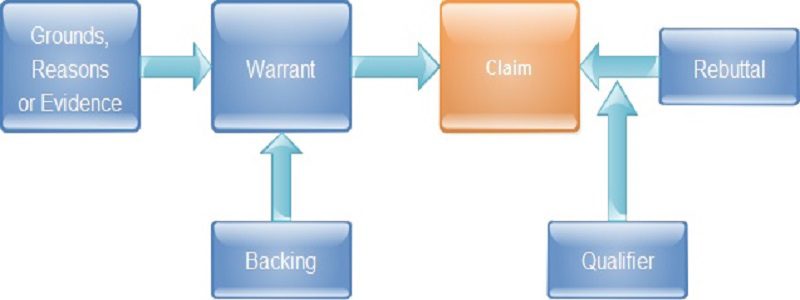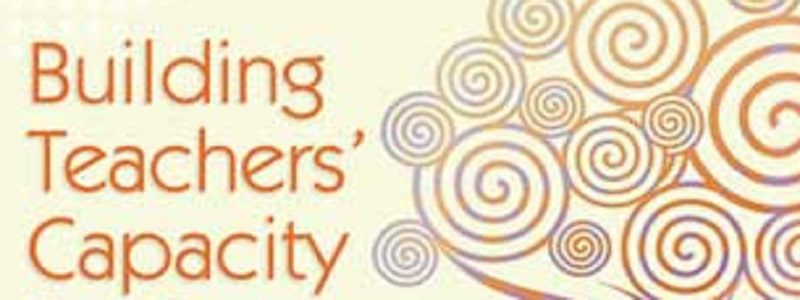Professional Reading Group Resources
This school year, Argument-Centered Education organized and ran a professional reading group with one of our partner high schools, Daniel Hale Williams College Prep. We read one education book per quarter through the school year. The books were chosen by the participants (few in number but ambitious pioneers of the project), by voting at the start of each quarter on titles nominated by the members (each member can nominate one title per quarter). Only one of the four titles selected for the Williams Prep PRG this year was directly about argumentation; but all four had a great deal of relevance to making argument-centered classrooms, indeed all classrooms, highly functioning learning communities for all of their residents. The Williams Prep Professional Reading Group met for one period each quarter, during lunch, to discuss that quarter’s title. This post includes the resources that were produced for each of these four sessions, as a demonstration of how you might organize your own professional reading group (with or without our assistance).
READ MORE
Webb’s Depth of Knowledge Taxonomy and Argumentation
Arguing about Ancient Chinese Philosophy — the Confucianism vs. Daoism Project
We worked recently with a partner school’s Global Studies course and their Ancient China unit. The outcome: an argument-based small group discussion project on Confucianism and Daoism.
The post below includes resources which focus on the way that arguments can be made about the desirability of certain systems of thought and the values they inscript. The project also uses a format of discussion that is looser and less rules-based than a debate (though, of course, rules have their utility and place, when striving to reach certain levels of rigor in a scaffolded academic setting). Finally, this project is an example of the way that an argument-centered approach has the agility to incorporate varied curricular resources — in this instance, some SHEG (Stanford History Education Group) document excerpts and background information.
Our Adaptation of the Toulmin Model of Argument
Overview
A significant portion of all of the argumentation done in K-12 education today is rooted in the Toulmin model of argument. Every time you see claim – evidence – reasoning in the curriculum, in any of its multifarious guises, you are in the presence of a descendant of Toulmin. Few curriculum writers or teachers – and even fewer students – have a grounding in Toulmin’s argumentative theory. Because Argument-Centered Education draws on his thinking in our argument-centered resources and pedagogy we believe that it is important to dig a little deeper here.
Introducing the Observation of Argument-Centered Instructional Capacity Inventory, Part 1
Overview
About five years ago, when we got started with the work we are doing now – first calling it curricular debate, then argument-centered instruction – partner school teachers and administrators asked us two simple but important questions: what are the specific professional capacities that Argument-Centered Education will develop and how will we know that they have, indeed, developed? We undertook the kind of inquiry-driven, analytical process that we try to build into the curriculum that we design with partners on our own argument pedagogy, and we produced the Observation of Argument-Centered Instructional Capacity (OACIC) Inventory.






